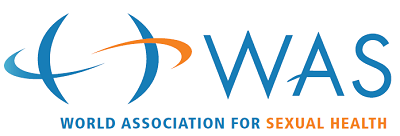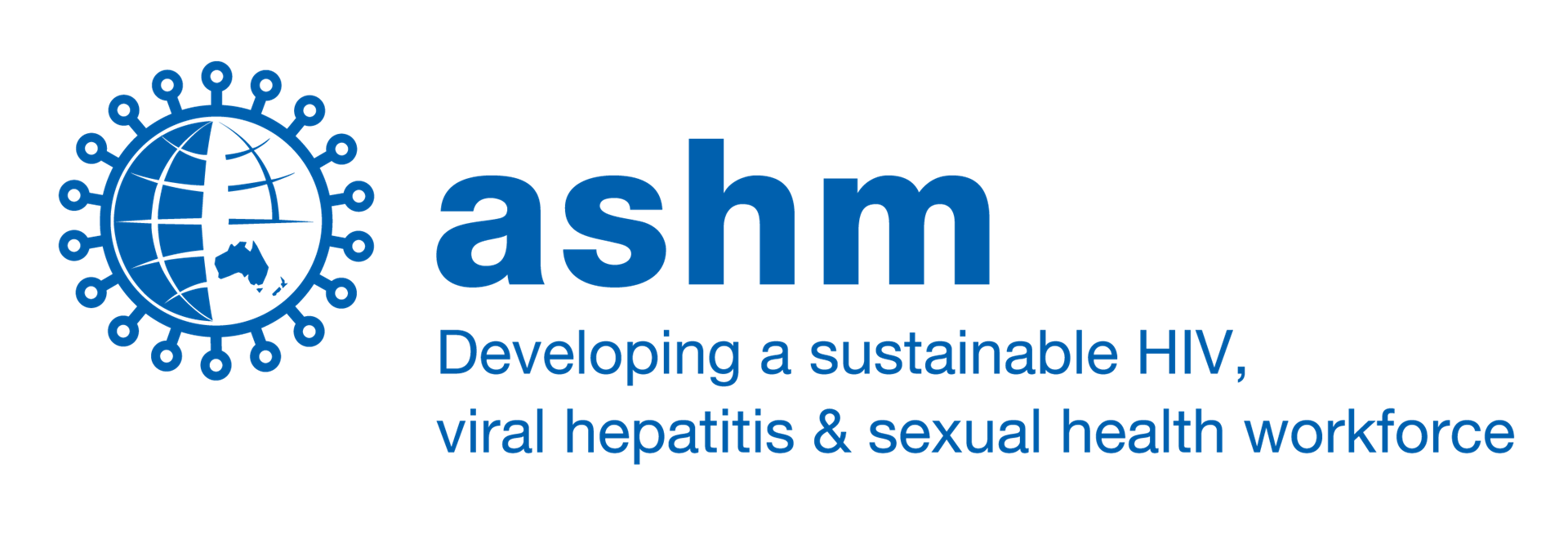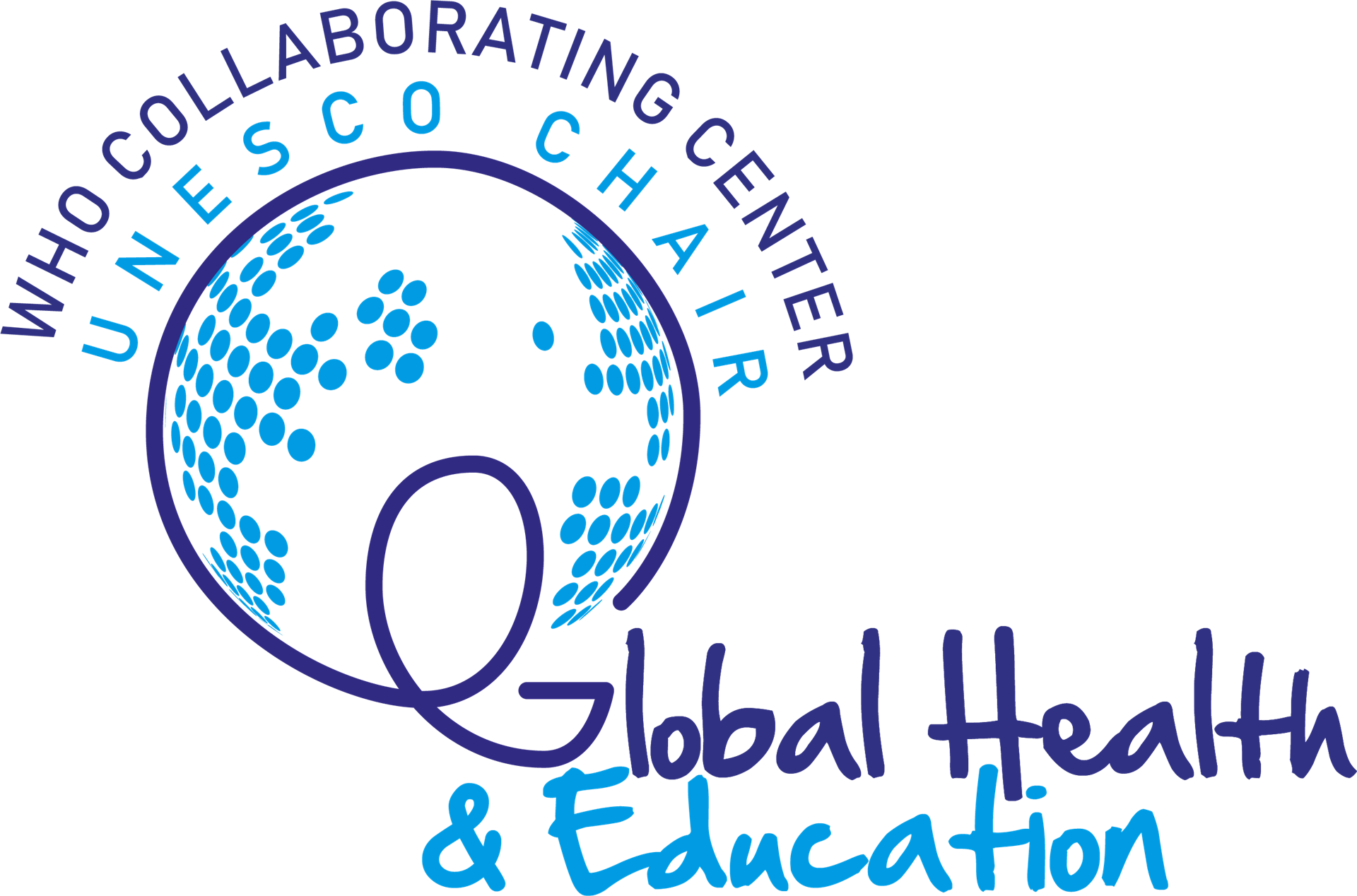Sexology CareersGeneral Skills & KnowledgeTraining in sexological or psychosexual topics is the point which distinguishes a sexologist from other counsellors, therapists, educators, and healthcare professionals. Sexology is a specialisation, so the first step in the journey is to establish what kind of sexology professional you would like to be and what areas, issues, or populations most interest you. This information will help you decide what undergraduate and/or postgraduate options might be the most suitable for your longer term career goals. Topics to be covered in speciality training to become a sexologist include:
Training is an essential part of the process to become a sexologist. It is possible to receive training in these areas through workshops and professional development activities that help to bring together your existing skills and knowledge with more specific sexuality learning areas. The University of Sydney and Curtin University postgraduate courses also cover these topics. |




